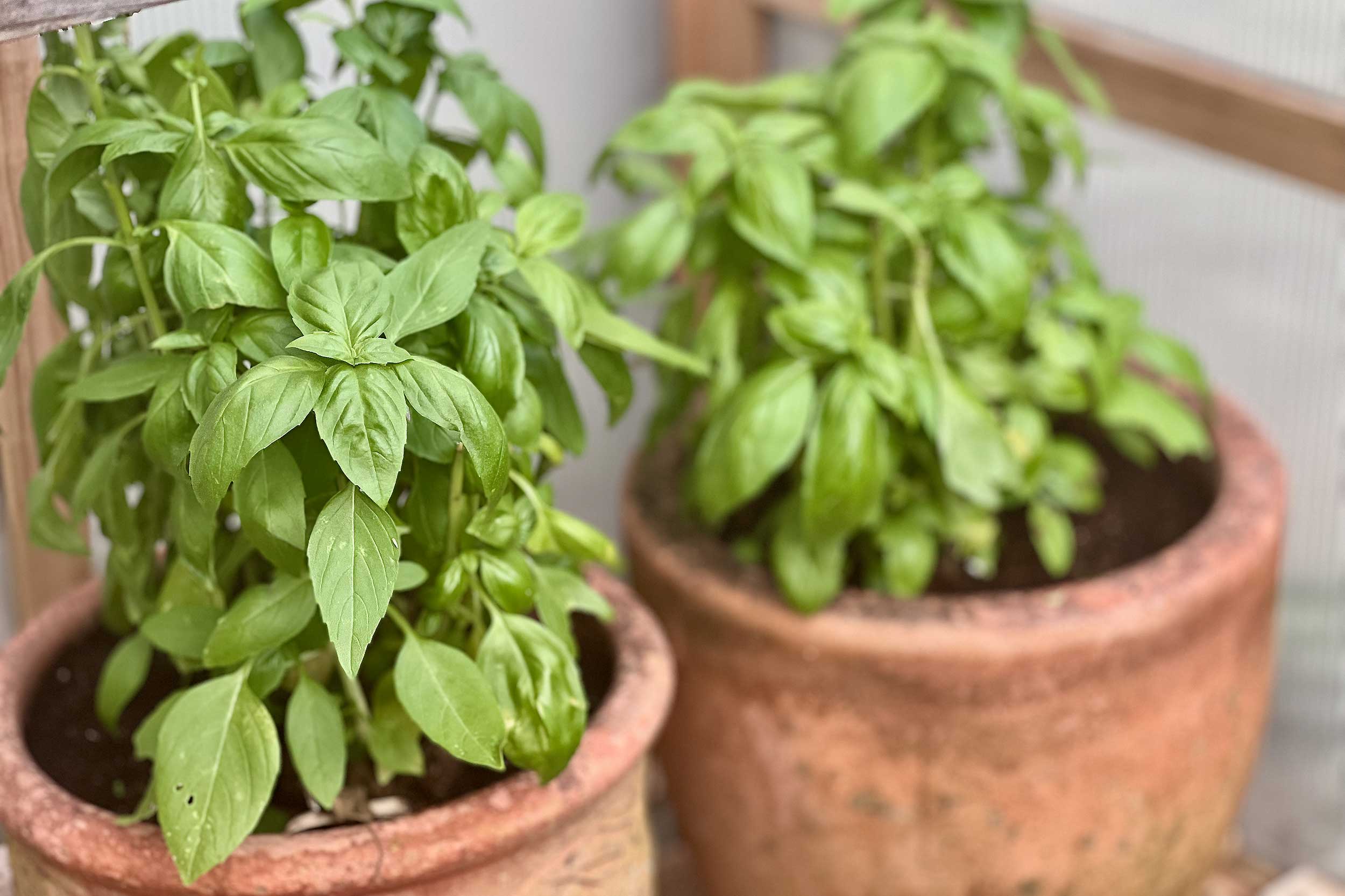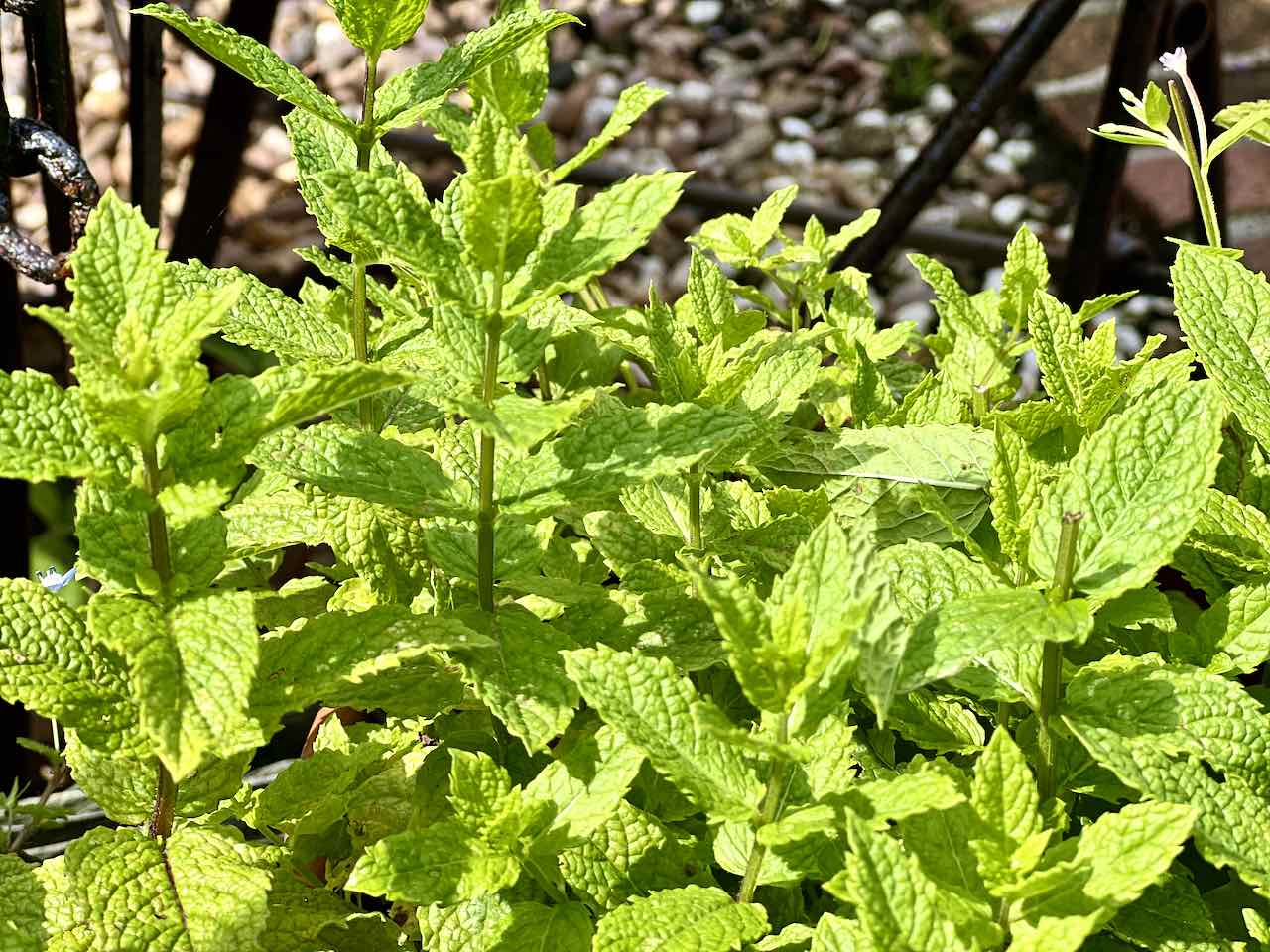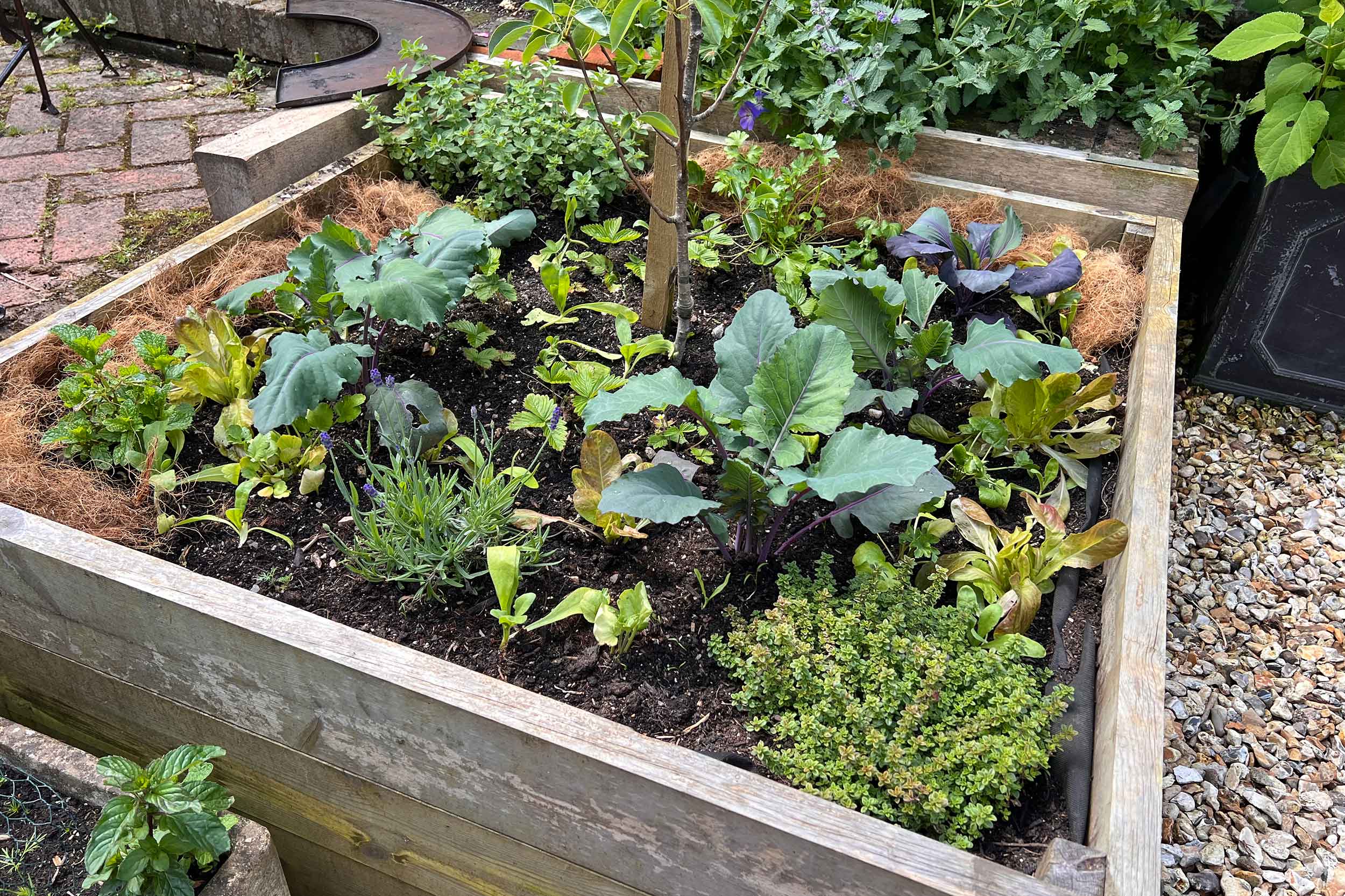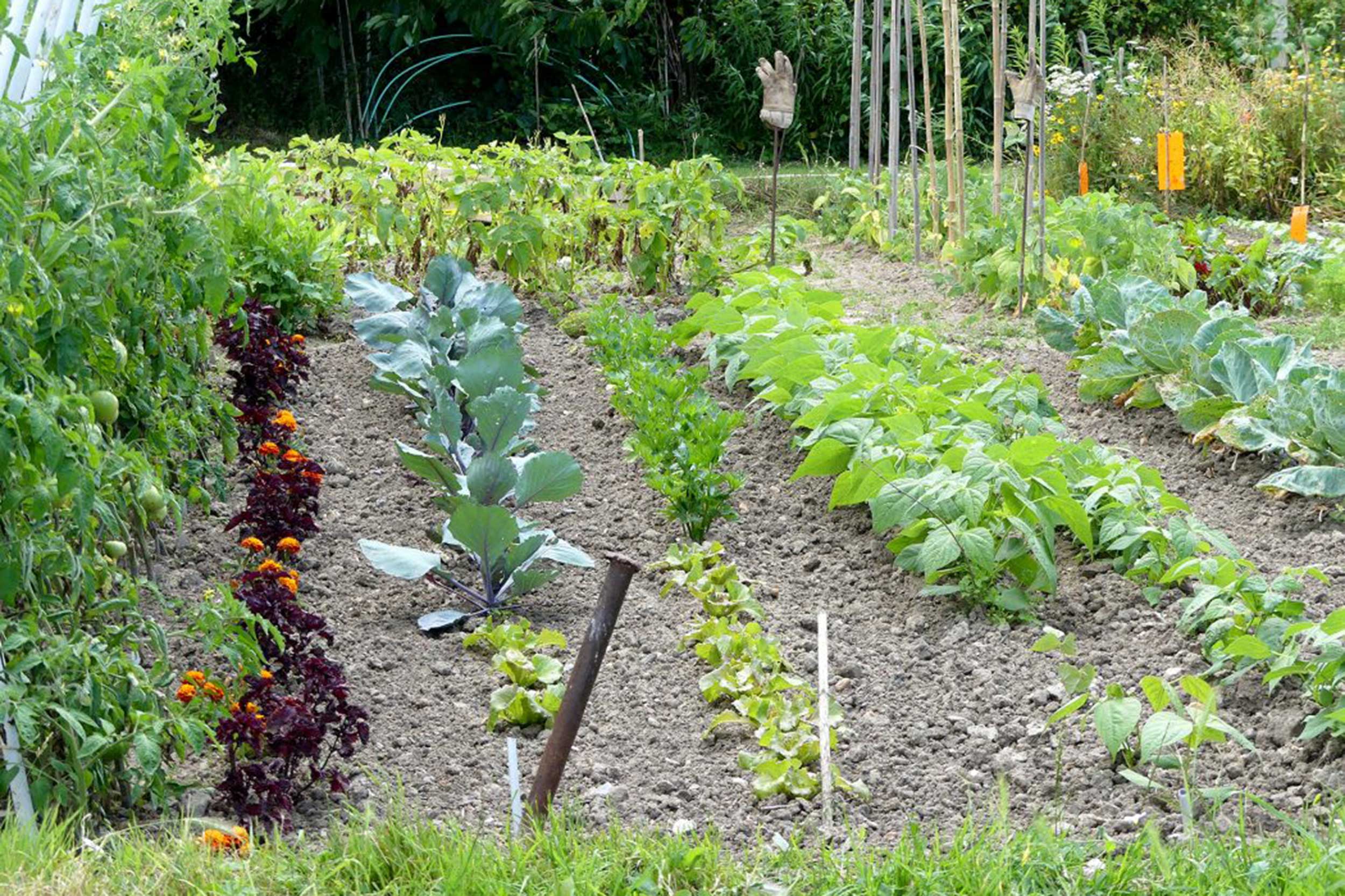Herbs are an essential component of any garden, offering flavour to meals, fragrance to outdoor spaces, and medicinal properties for home remedies.
The UK’s mild summer climate provides the perfect conditions for cultivating a wide variety of herbs. From culinary staples to lesser-known aromatic treasures, here’s a guide to some of the best summer herbs that can thrive in British gardens.
Basil (Ocimum basilicum)
A quintessential summer herb, basil thrives in the warm weather and is a staple in Mediterranean cooking. In the UK, basil prefers sunny locations with well-drained soil. It’s important to plant basil in a spot sheltered from wind and rain, as the delicate leaves can be easily damaged. Sweet basil, lemon basil, and Thai basil are popular varieties that add distinctive flavours to dishes. Regular harvesting of the leaves not only encourages growth but also prevents the plant from flowering, which can make the leaves bitter.

Mint (Mentha spp.)
Mint is a vigorous grower that adapts well to the UK’s temperate climate. Peppermint, spearmint, and chocolate mint are among the most popular varieties. This herb is highly versatile, lending its refreshing flavour to teas, cocktails, and desserts. However, mint can be invasive, spreading rapidly if not contained. Plant it in a pot or a confined area to keep it under control. Mint prefers partial shade and moist soil, making it an excellent choice for less sunny areas of the garden.

Rosemary (Salvia rosmarinus)
This hardy evergreen herb is well-suited to the UK climate and adds a Mediterranean flair to your garden. Rosemary thrives in sunny spots with well-drained soil and requires minimal maintenance. Its aromatic needle-like leaves are perfect for seasoning meats, roasted vegetables, and bread. Rosemary can also be grown as a decorative shrub or hedge, offering year-round greenery and fragrant blue flowers that attract pollinators in the summer months.
Thyme (Thymus vulgaris)
Thyme is another Mediterranean herb that flourishes in the UK’s summer conditions. It prefers full sun and well-drained, sandy soil. With its small, aromatic leaves and clusters of purple flowers, thyme is as attractive as it is practical. Common thyme, lemon thyme, and creeping thyme are all excellent choices for culinary and ornamental purposes. This low-growing herb is also ideal for rock gardens and borders.

Parsley (Petroselinum crispum)
While parsley is a biennial, it’s often grown as an annual in the UK. It thrives in a sunny or partially shaded spot with rich, moist soil. Flat-leaf parsley is preferred for its robust flavour, while curly-leaf parsley adds a decorative touch to garden beds. Regular harvesting encourages new growth, ensuring a continuous supply throughout the summer. Parsley is a versatile herb, perfect for garnishes, salads, and sauces.
Coriander (Coriandrum sativum)
Coriander, also known as cilantro, is a fast-growing herb that flourishes in the UK during summer. It prefers a sunny spot with well-drained soil and benefits from being sown in successive batches to ensure a steady supply. Both the leaves and seeds are used in cooking, with the fresh leaves adding a distinctive flavour to curries, salads, and salsas. Coriander bolts quickly in hot weather, so it’s best to plant it in a cooler part of the garden or provide some shade.
Chives (Allium schoenoprasum)
Chives are an easy-to-grow herb that thrives in the UK’s summer climate. They prefer a sunny location with moist, well-drained soil. The slender green stems and purple flowers are not only edible but also add a pop of colour to garden beds. Chives are perfect for flavouring soups, dips, and baked potatoes. Regular harvesting keeps the plant productive and prevents flowering, which can slow leaf growth.
Lemon Balm (Melissa officinalis)
Lemon balm is a hardy perennial that grows well in the UK. Its lemon-scented leaves are perfect for teas, desserts, and marinades. Lemon balm prefers partial shade and moist soil, making it a great option for less sunny areas. It can spread quickly, so regular trimming is necessary to keep it under control.
Dill (Anethum graveolens)
Dill is a feathery herb with a distinctive flavour, commonly used in pickling, salads, and fish dishes. It thrives in sunny locations with well-drained soil. Dill is relatively easy to grow, but its tall, delicate stems may require staking in windy areas. Plant dill in succession for a continuous harvest throughout the summer.
Tips for Growing Summer Herbs in the UK
- Soil Preparation: Most herbs prefer well-drained soil enriched with compost. Sandy or loamy soil is ideal.
- Watering: While some herbs like mint prefer moist conditions, most herbs thrive with moderate watering.
- Harvesting: Frequent harvesting encourages growth and prevents plants from going to seed.
- Companion Planting: Many herbs deter pests, making them excellent companions for vegetables and flowers.
By carefully selecting and nurturing summer herbs, UK gardeners can enjoy fresh, flavourful ingredients right at their doorstep. Whether you have a sprawling garden or a small windowsill, these herbs will thrive and enhance both your outdoor space and your cooking.




